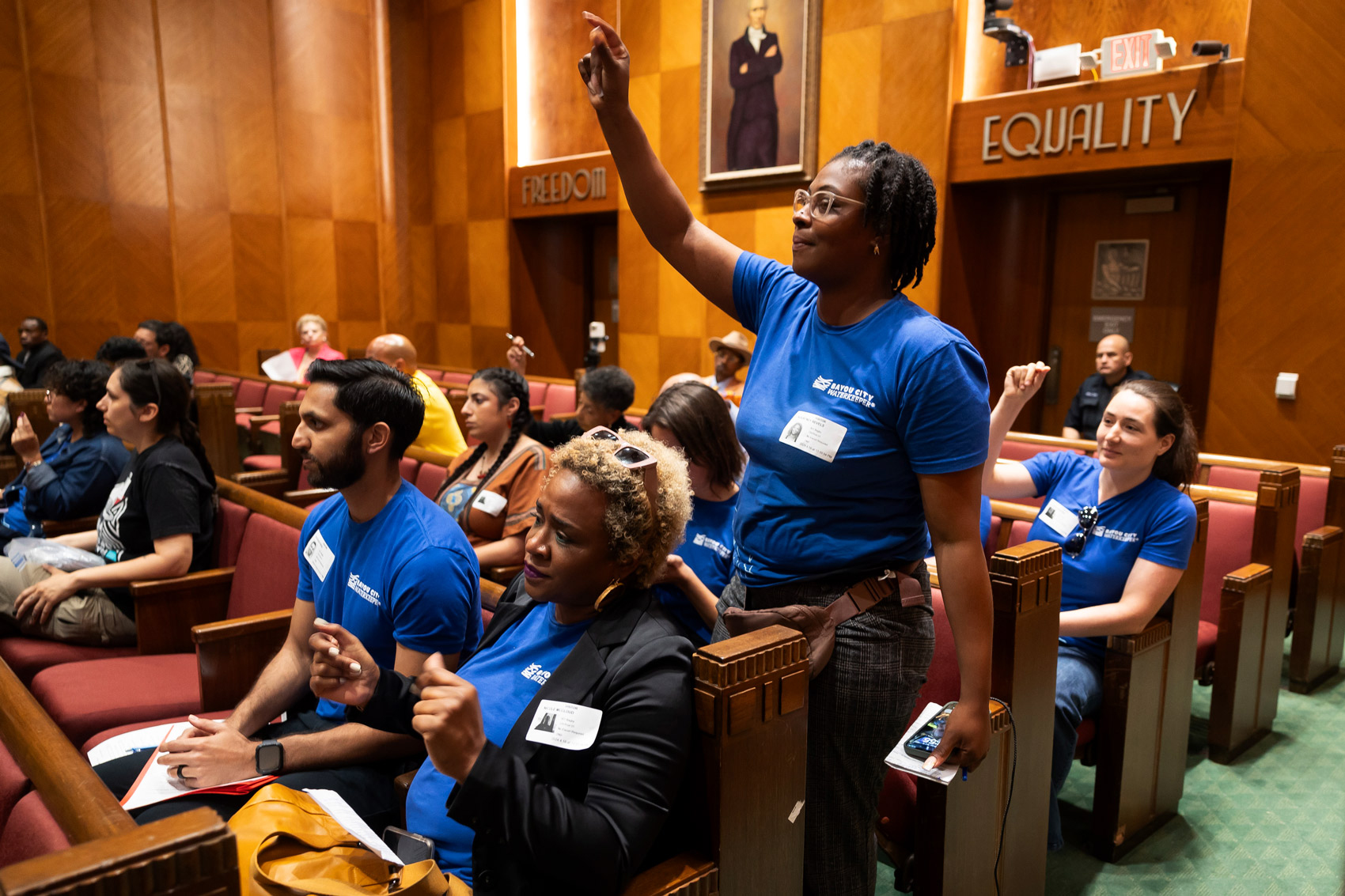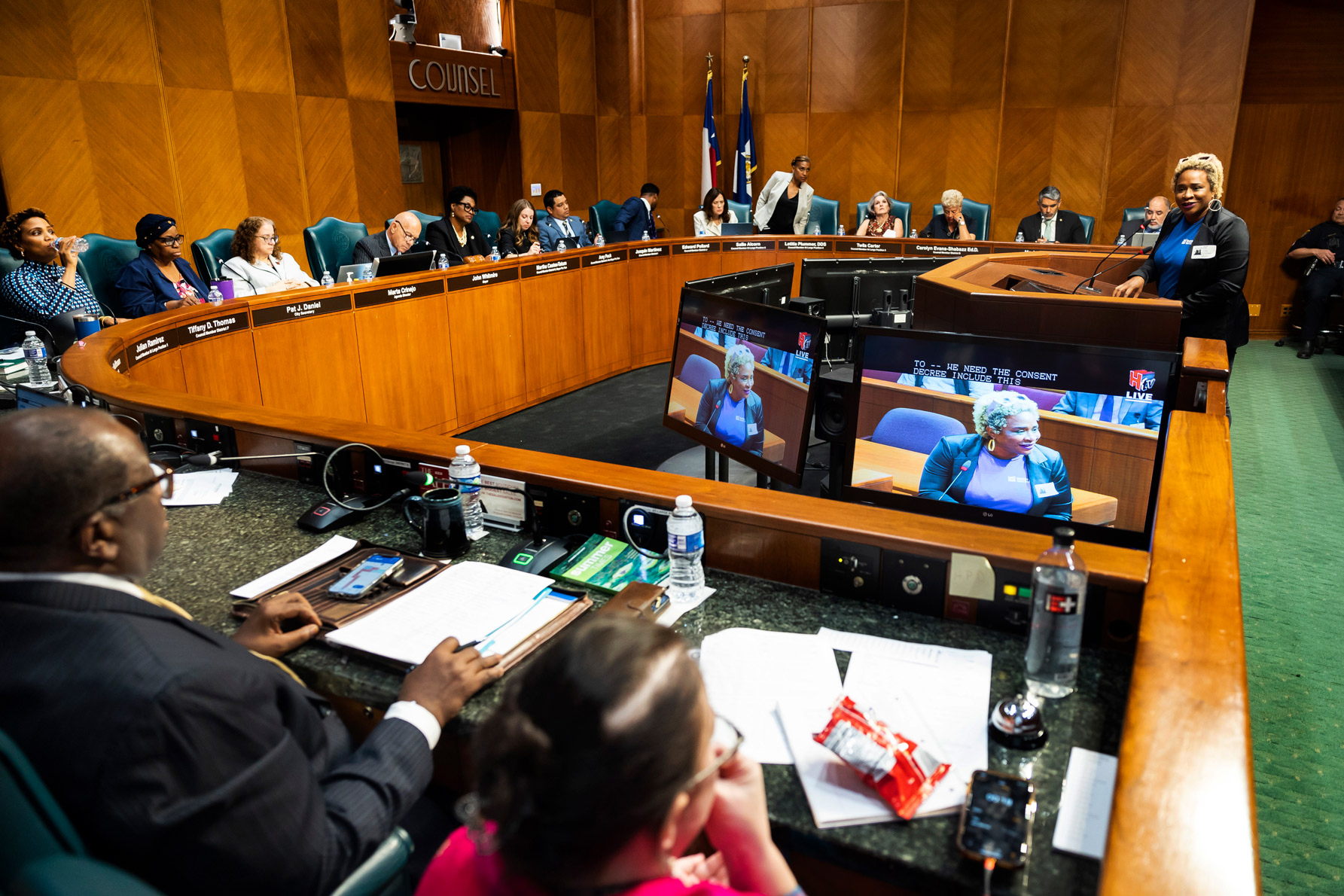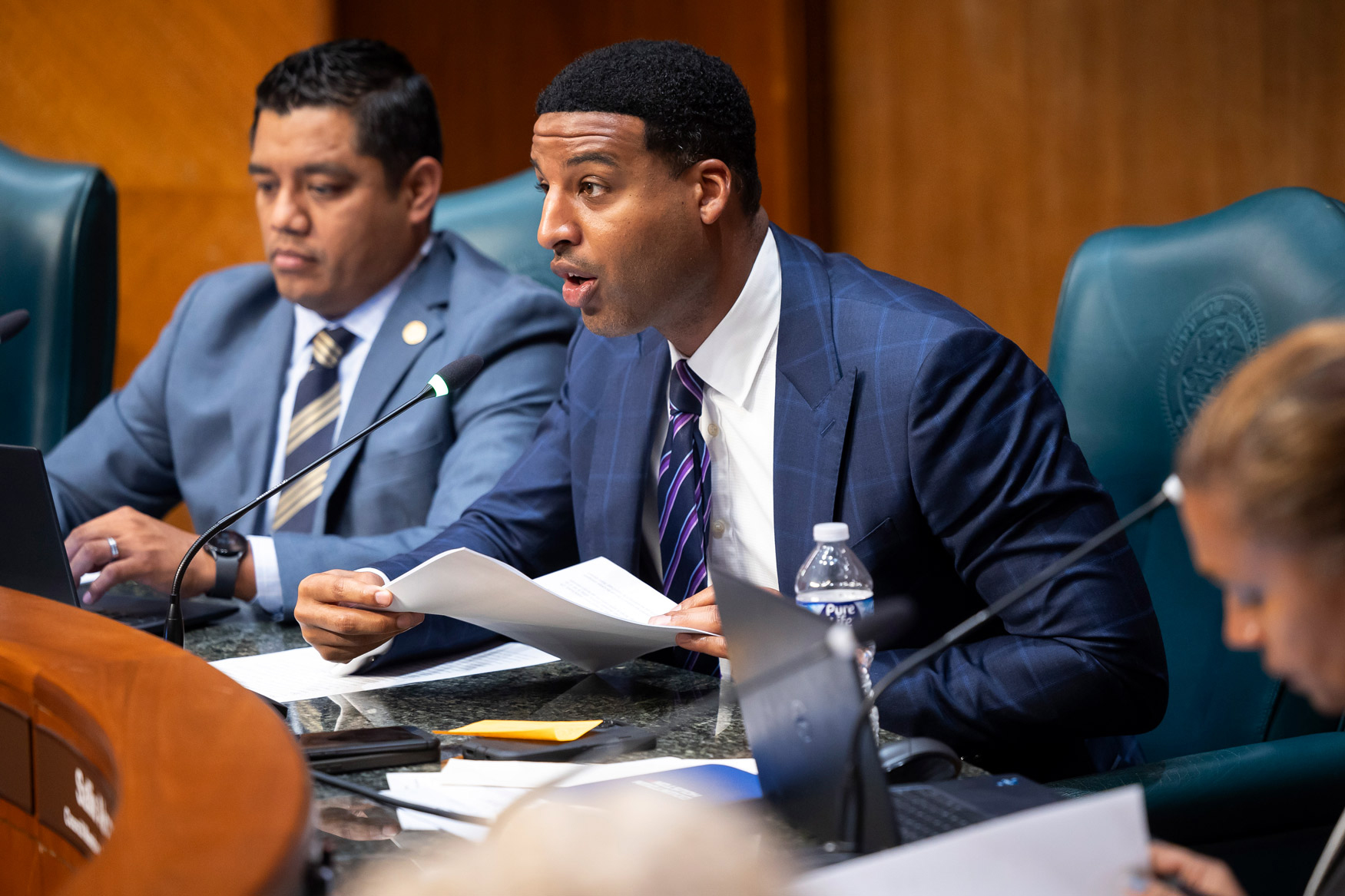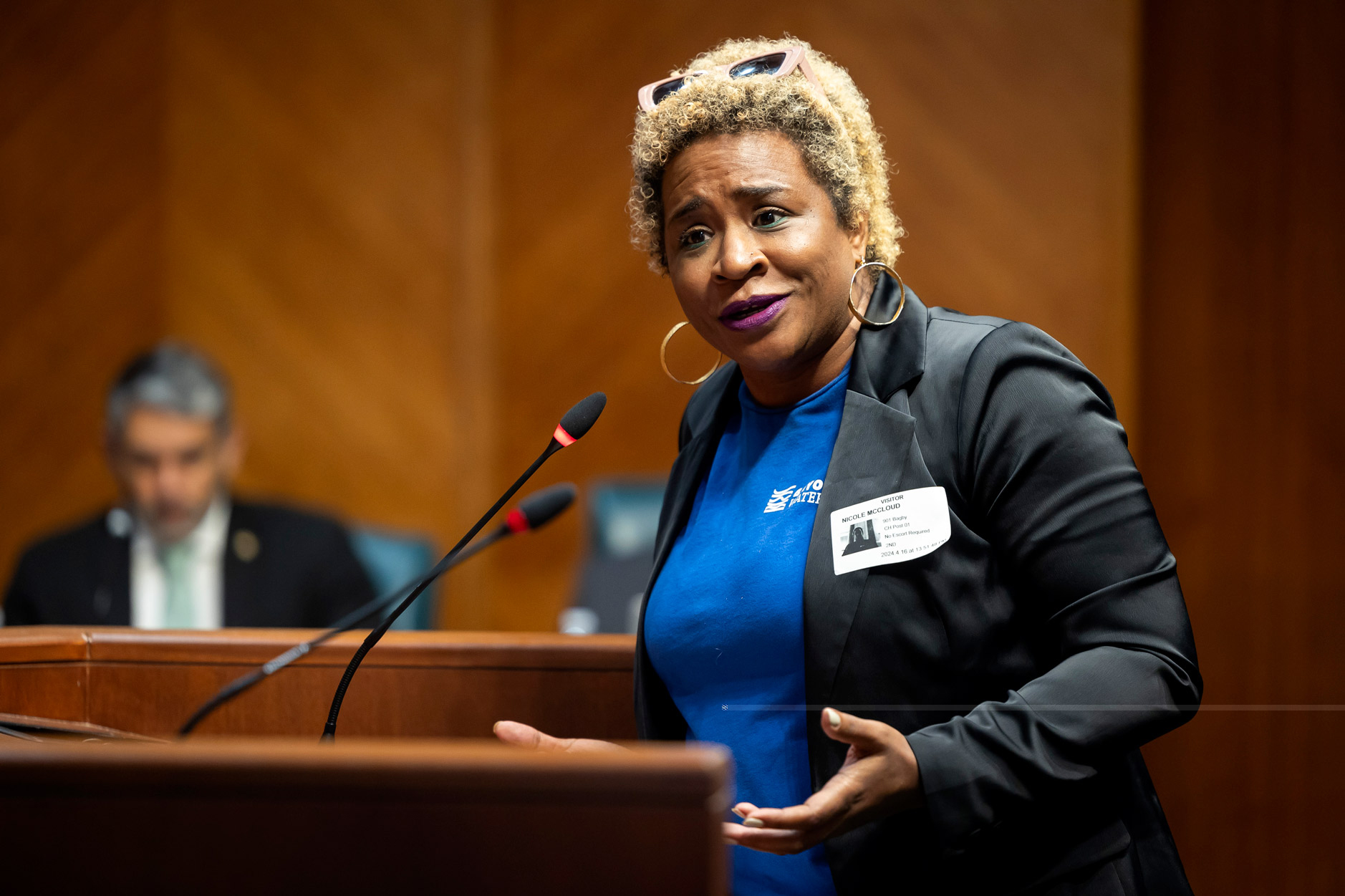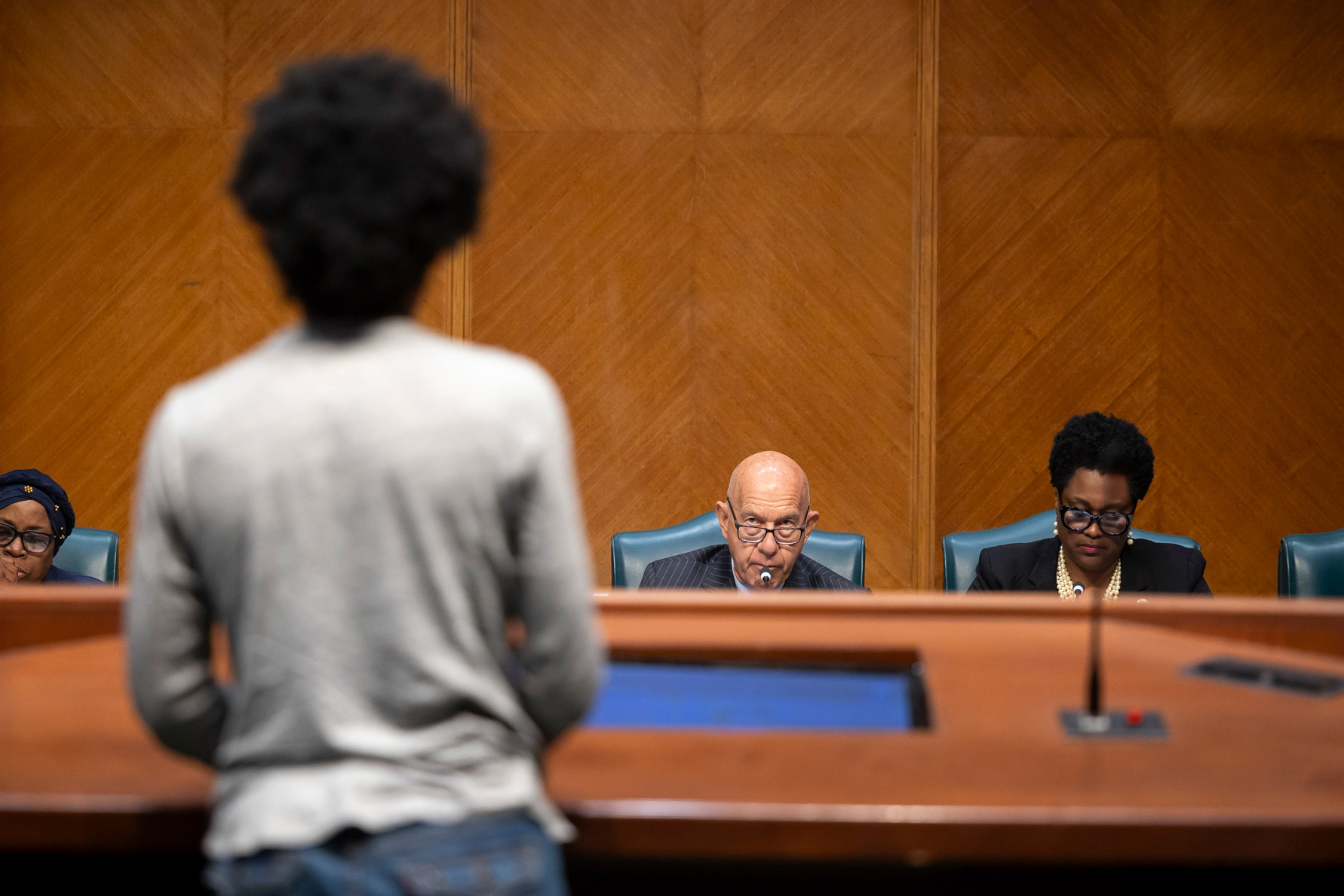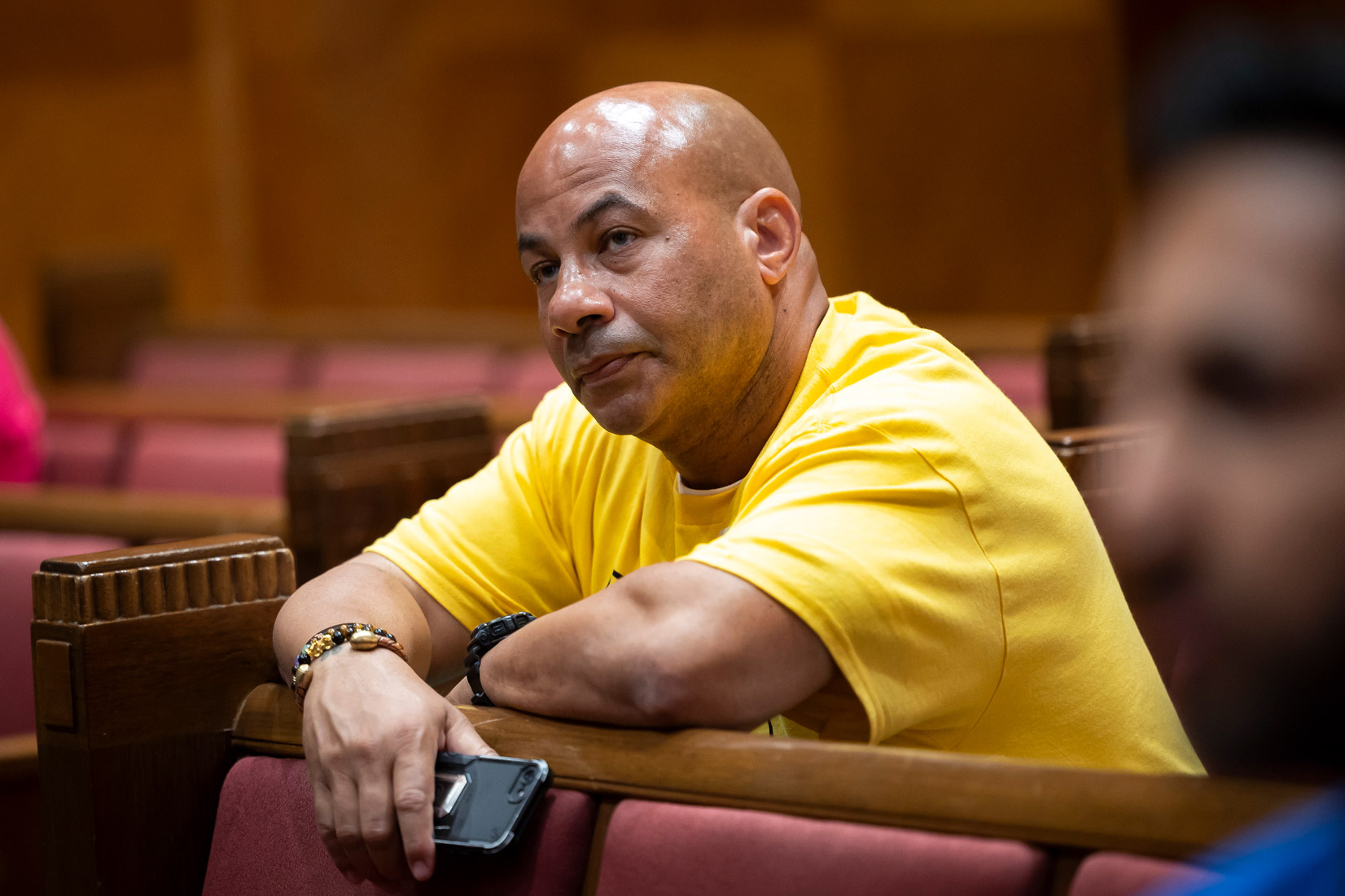|
Getting your Trinity Audio player ready...
|
A pool of sewage was beginning to form Monday behind Malberth Moses’ house in northeast Houston.
Muddy sewer water had pooled in a ditch near a city of Houston sewer after a recent rainstorm. In his yard, he found more foul water near his private sewer line.
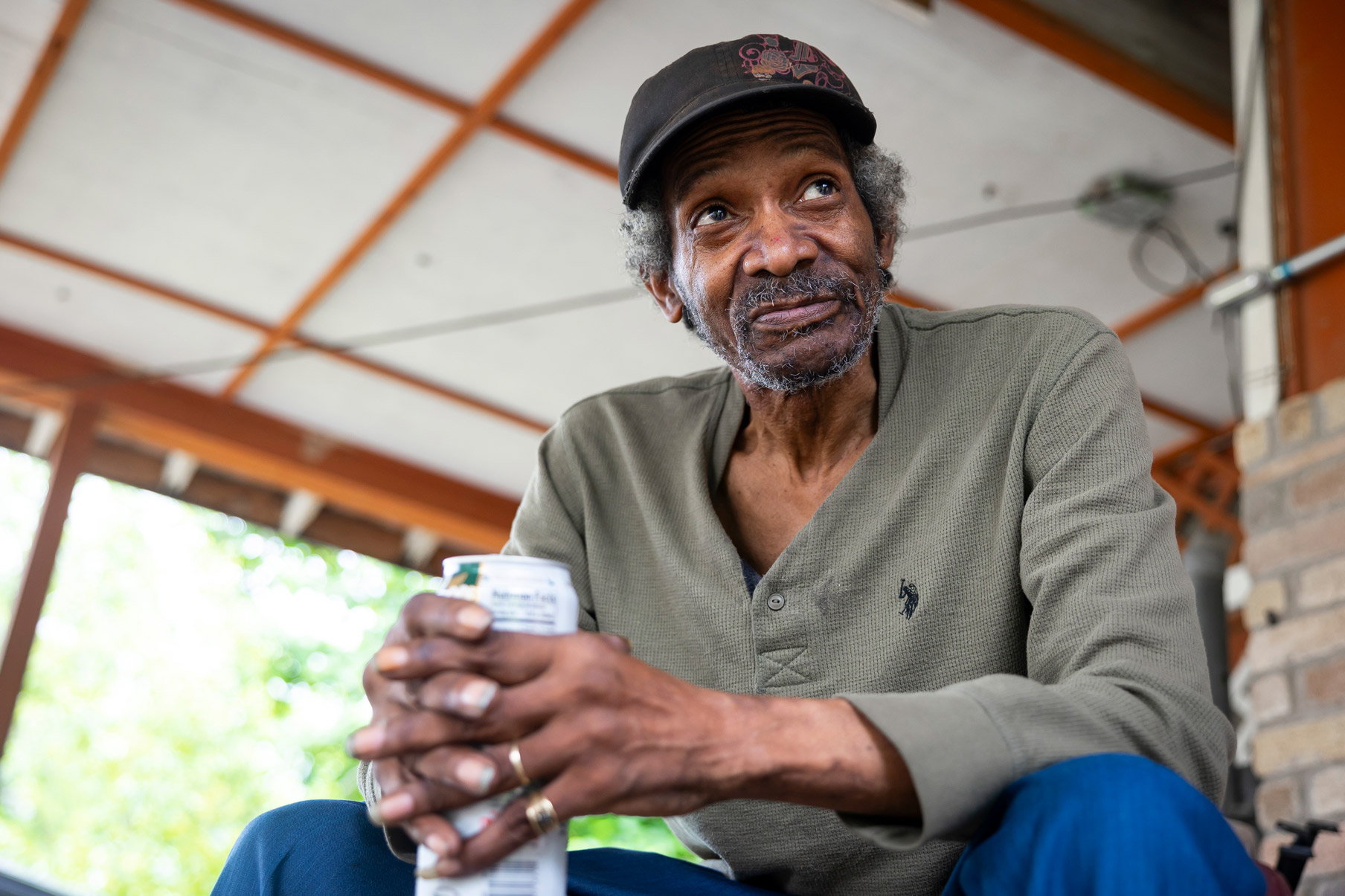
“When I see this, I know everything is going to start backing up inside,” said Moses, 66. “I’m just waiting for the day this sewage is coming up through the tub and toilet.”
Moses has dealt with sewage leaks since his family moved into the house in the 1960s. Because of the cost, he had mostly fixed the plumbing himself but the issues never seem to end. In 2017, after Hurricane Harvey, his house sank and the Houston nonprofit West Street Recovery redid his whole home, including his private sewer lines.
But now it seemed like his sewage problems were back – and he isn’t the only one.
Berth is just one of many homeowners who have had chronic sewage issues on the northeast side of Houston, where residents and local Houston nonprofits are asking the city to invest $20 million into a private sewer lateral repair fund to aid in properties like Moses.
The request for help comes during the city’s budget process for this year, which will conclude in June. It also comes three years after the city signed a consent decree with the Environmental Protection Agency in 2021 to invest $2 billion into Houston’s aging public sewage infrastructure through 2036.
While the decree will fix decades of faulty and leaky infrastructure, community groups have expressed concerns that the money isn’t flowing to private sewer lines, which are connected and dependent on the city lines. The city’s lack of investment in the public pipes are causing private lines to degrade, residents complain.
“Plumbers are going to tell you that sewage is a one-way system, so anytime poop, rainwater, anything starts moving the wrong way, it causes problems with the system,” said Ben Hirsch, co-director of organizing, research and development for West Street Recovery. “Public and private are very connected, literally. It’s this delicate, not very resilient balance.”
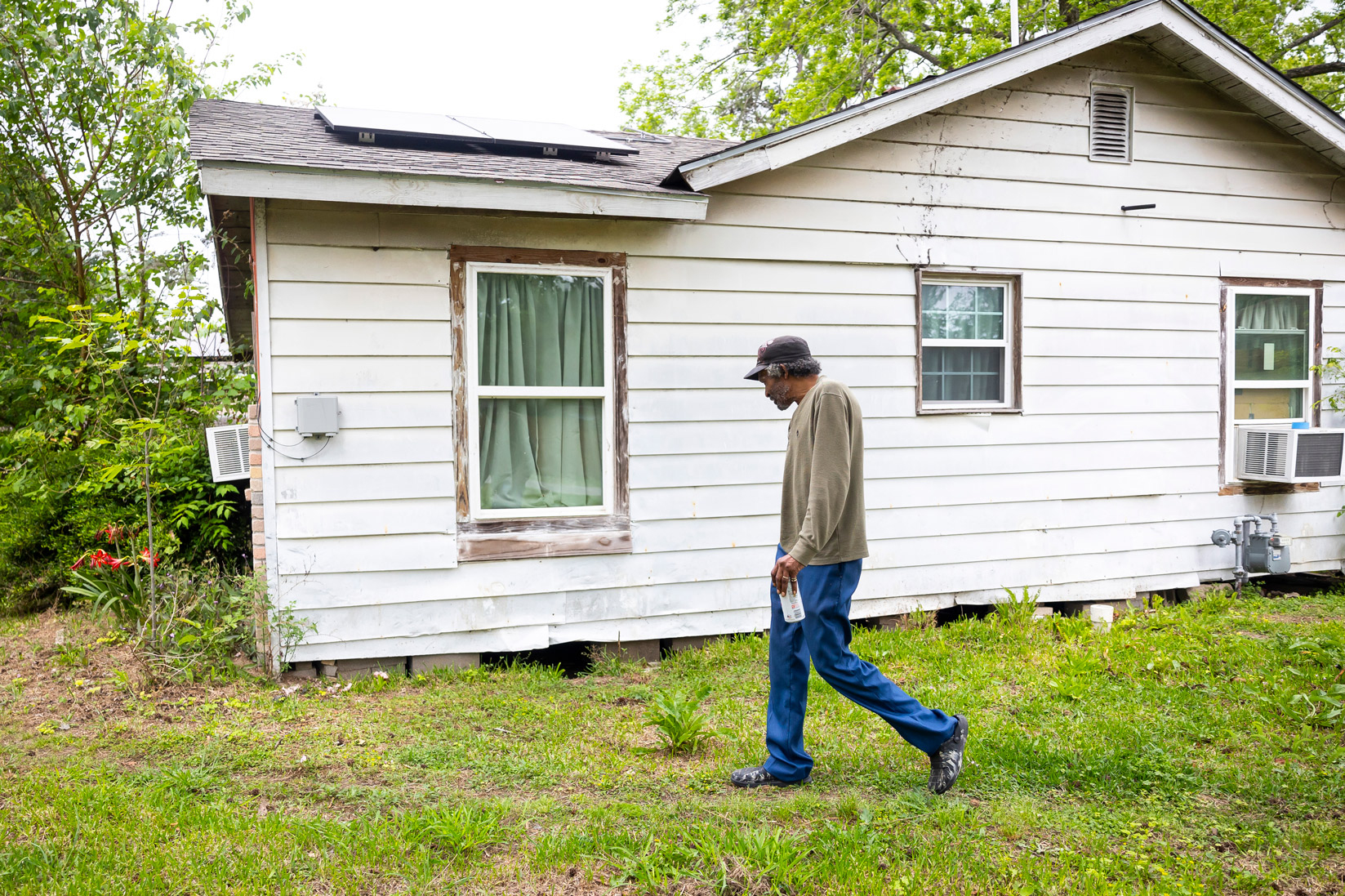
Houston’s old sewer lines
In 2018, Bayou City Waterkeeper – a nonprofit environmental organization in Houston – sent the city of Houston a notice of intent to sue over more than 9,300 sewage overflows as a violation of the Clean Water Act – with Houston’s lower-income and Black and brown communities being hit the hardest.
The EPA and the Texas Commission on Environmental Quality then filed a federal enforcement action requiring the city to update its public sewage infrastructure for $2 billion and pay $4.4 million in fines for past overflows.
Still, the private lines – specifically the private sewer lateral which connected the homes to the city’s main system – are overflowing and leaking onto streets and into neighborhood yards.
From July 2022 to June 2023, the city found 1,701 sewage overflows were associated with private sewer laterals.
“It’s frustrating because you could call 311 about a sewage leak, but if it’s on your property, they won’t even come out to look at the lines,” said Kourtney Revels, a resident on the Northeast side and water justice organizer with Bayou City Waterkeeper. “It’s a dynamic structure that people over here don’t have the money to fix on their own.”
In one case, a resident on the Northeast side had a plumber come numerous times to fix her property with no results. Finally, the plumber found that the city’s side of the plumbing was crushed.
On some streets, like Moses’, the plumbing is so old, it’s made of clay.
“Residents will be digging to fix their own line and find crumbling city infrastructure which has been impacting them all along,” Revels said.
Moses said he doesn’t even call 311 anymore since they’ll just tell him it's his issue, not the city’s. And he gets frustrated when people say he should just move. It’s costly and the house has been with him for generations. His mother and his wife both passed away there and he knows the neighbors – many of them stop by to say hello most days.
“Why is it that I have to move? Instead of fixing what I didn’t break,” Moses said.
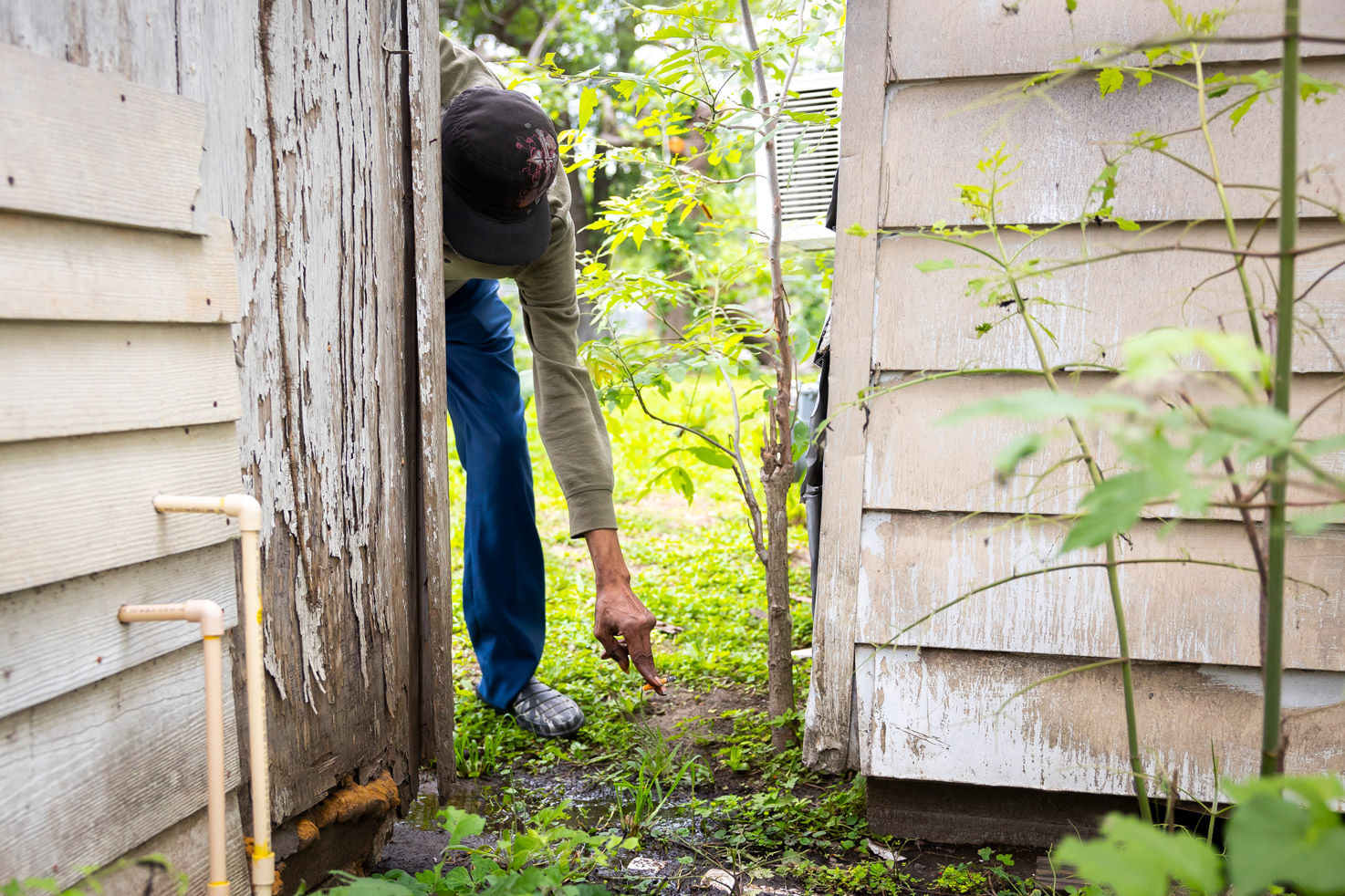
City Council responds to sewer complaints
On Tuesday, members from Northeast Action Collective, Bayou City Waterkeeper and West Street Recovery asked City Council to create a fund to help residents.
Members highlighted that the $20 million in funding could come from not only the city’s annual budget, but the penalties that the city is paying due to the EPA consent decree or through the national Infrastructure Reduction Act.
Marshall Smith, a resident from the northeast side and member of the Northeast Action Collective, said he’s not seeing or smelling these sewage issues in other parts of the city.
“Our family had a blockage that broke our sewer lateral line,” he told council. “We were able to fix the problem ourselves, but a lot of my neighbors in my community are not as fortunate. One neighbor flushed their toilet and it came up their tub drain. Another had similar blockage.”
Edward Pollard, councilmember from District J, said he understood the concerns.
“I’m going to work with your council member and try to double-team this issue for you,” Pollard said. “I believe we can get some sort of resolution but we need someone to do a more comprehensive look from the city on what the issue might be.”
Residents also expressed concerns about the open-ditch drainage operations in their neighborhoods, which makes sewage overflowing dangerous for children, animals and vulnerable persons who might come in contact with the contaminated water. Fixing the private lines could help with these frustrations as well, advocates said.
“A lot of these problems can be solved with money and then also people to make sure we’re getting these projects done on the ground,” said Martha Castex-Tatum, District K councilmember and Mayor Pro-Tem. “So we need more advocates like you and appreciate the work you and your entire team continues to do day in and day out.”


